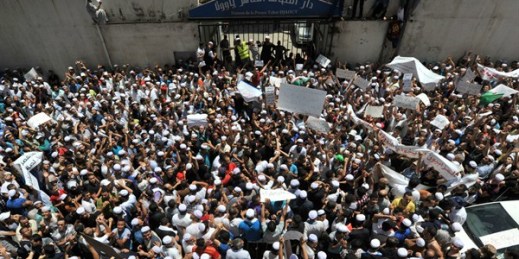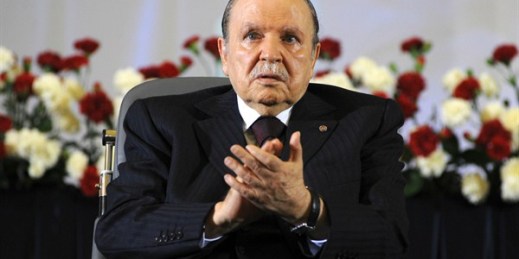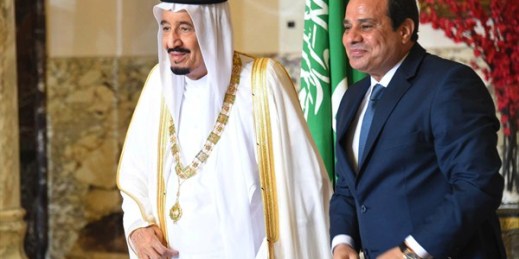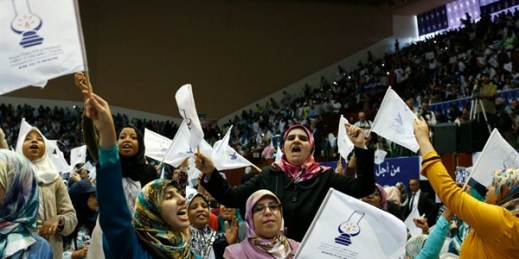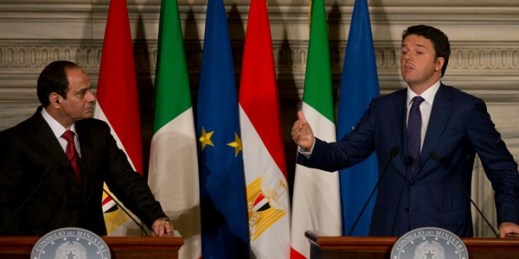
Earlier this month, Italy cooperated with Libyan military commander Gen. Khalifa Haftar to ensure the delivery of 700,000 barrels of oil from eastern Libya, despite the fact that the Italian government officially supports the United Nations-backed national unity government in Tripoli that Haftar opposes. In an email interview, Silvia Colombo, a senior fellow at the Institute of International Affairs, discusses Italy’s policies in North Africa and the Middle East. WPR: Who are Italy’s main partners in North Africa and the Middle East, and to what extent do hydrocarbons drive relations? Silvia Colombo: Italy’s foreign policy has always had a distinct […]

